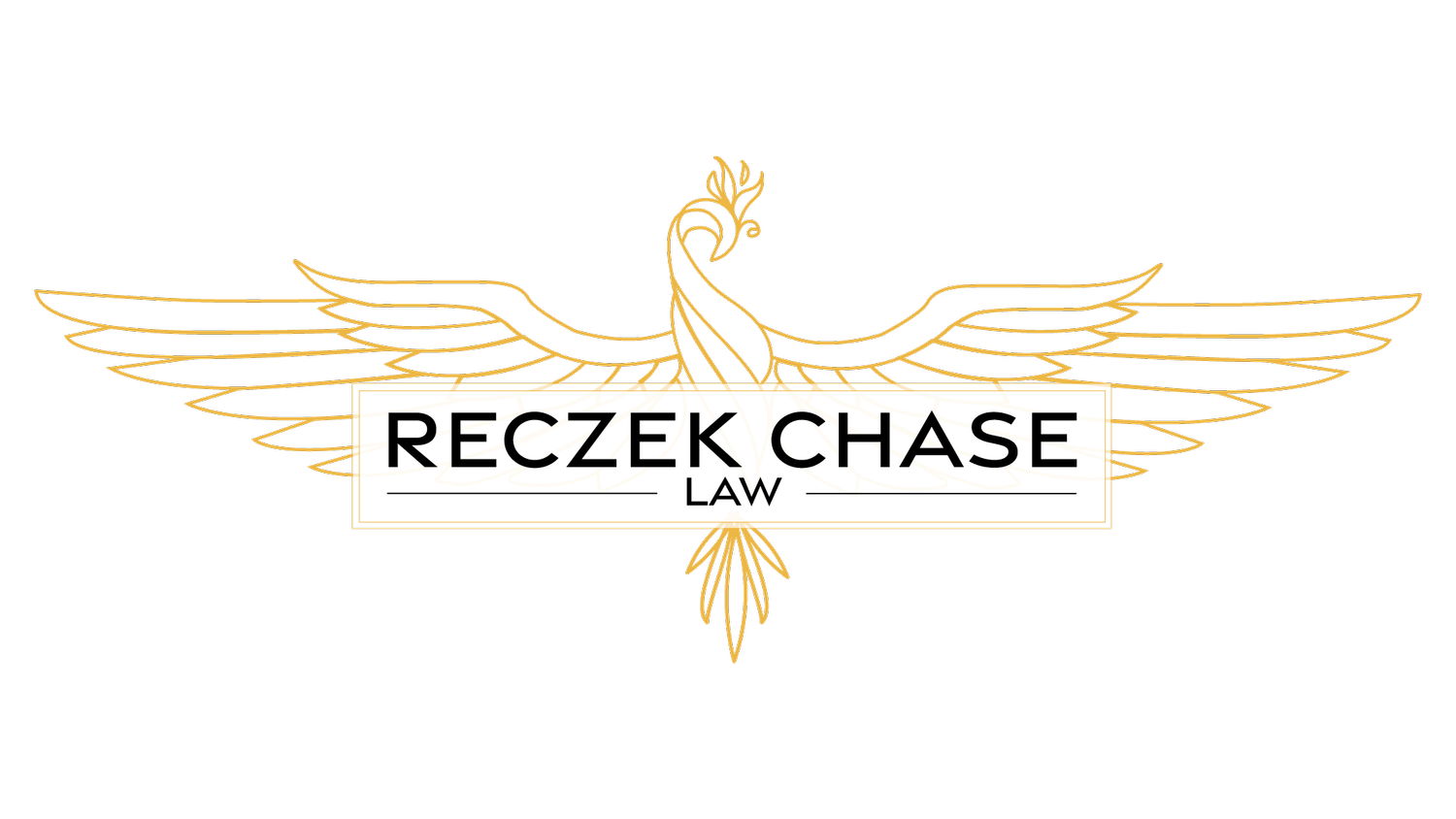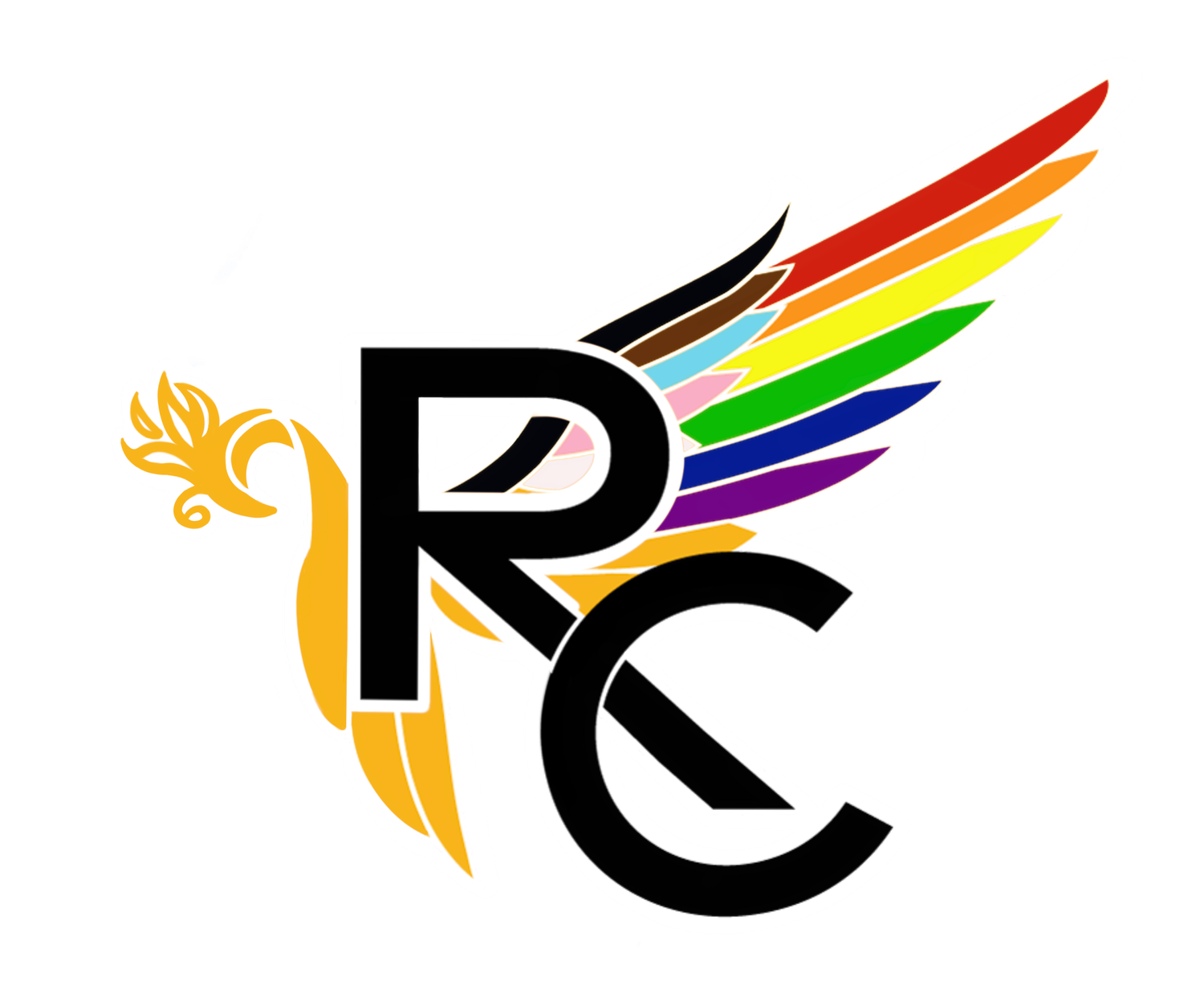A Birth certificate is not enough to protect your LGBTQ+ family.
For many LGBTQ+ families, having a child often involves surrogacy or assisted reproductive technologies. In these situations, one parent may be the biological or legal parent, while the other parent may not have a legal connection to the child despite playing an active and loving role in their life.
One common misconception is that if a non-biological parent is listed on a child's birth certificate, or if they are married to a biological parent, they automatically have parental rights. This is unfortunately not the case. In the case of Moore v. Asente, the Kentucky Court of Appeals addressed the issue of parental rights for same-sex couples. The court held that a non-biological parent's name on the birth certificate, without a legal adoption, does not automatically grant parental rights. This decision highlights the importance of adoption for same-sex couples in Kentucky who wish to ensure that both parents have legal rights to their child.. This lack of legal recognition can have serious consequences for families, particularly in the event of separation, divorce, or the death of a biological parent. Without a court order recognizing the parentage of a non-biological parent, that non-biological parent may face significant challenges in:
Obtaining custody or visitation rights: In a divorce or separation, a court may not recognize the non-biological parent's rights to their child if they are not legally recognized as a parent. This can lead to heartbreaking and potentially harmful situations where a child is separated from a loving and devoted parent.
Making important medical decisions: In the event of a medical emergency, a non-biological parent may be denied the right to make critical decisions about their child's care if they are not legally recognized as a parent.
Inheriting from their child: If a child tragically passes away, a non-biological parent may not have the right to inherit from their child if they are not legally recognized as a parent.
Protecting Your Family
To ensure that both parents in an LGBTQ+ family have the legal rights and protections they deserve, it's crucial to take proactive steps to establish legal parentage for the non-biological parent. This may involve:
Adoption: Adopting the child through a formal legal process is the most secure way to establish legal parentage for non-biological parents who share no genetic material with the child.
Second-Parent Adoption: In some states, second-parent adoption allows a same-sex partner to legally adopt their spouse's biological child.
Seeking Legal Guidance
Navigating the legal complexities of family formation can be challenging. Our law firm specializes in family law and has extensive experience assisting LGBT families with adoption and other legal matters. At Reczek Chase Law, we understand the unique legal needs of LGBTQ+ families. We can help you understand your options, explore the best course of action for your family, and ensure that all legal requirements are met to protect your parental rights. If you're considering adoption, it's critical to have a trusted lawyer on your side. The legal requirements and consequences of adoption can be complex, and we can help you navigate them with confidence. Reczek Chase Law handles a wide range of family law issues and can advise you of your options regarding adoption. If you’d like to discuss adopting your child, you can set up a time to chat with our attorneys calling us at (502)653 7455 or by following this link.
The information provided on this website does not, and is not intended to, constitute legal advice; instead, all information, content, and materials available on this site are for general informational purposes only. Information on this website may not constitute the most up-to-date legal or other information.

